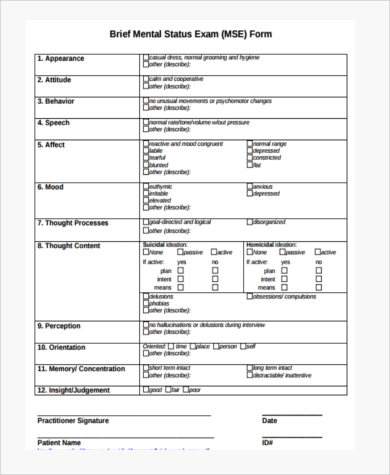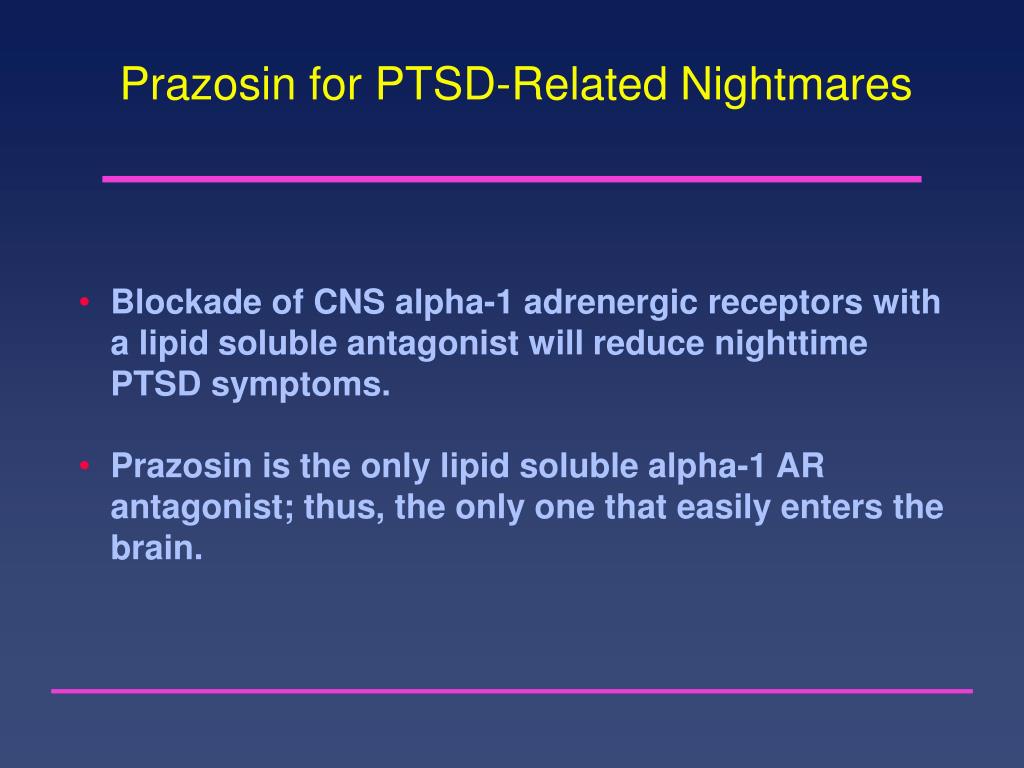What is the primary cause of depression?
Anxiety is a normal emotion that causes increased alertness, fear, and physical signs, such as a rapid heart rate.
Understood also as Body Honesty Condition as well as Amputee Identification Disorder, Apotemnophilia is a neurological condition defined by the overwhelming wish to amputate or damage healthy parts of the body. Though very little is Find more info found out about this oddly distressing disorder, is is thought to be connected with damage to the ideal parietal lobe of the mind. Because the huge bulk of surgeons will not cut off healthy and balanced limbs upon demand, some sufferers of Apotemnophilia really feel forced to truncate on their own-- a hazardous scenario. Of those that have had an arm or leg eliminated by a physician, the majority of are reportedly pleased with their decision even after the fact.
What is the most dangerous mental illness?
Health behavior is an action to maintain, attain, or regain good health and to prevent illness. Some common health behaviors are exercising regularly, eating a balanced diet, and obtaining necessary inoculations.

Serious clinical disease-- The anxiety as well as concern of handling a significant health problem can lead to clinical depression, particularly if you're dealing with long-term monitoring and/or persistent pain. Stress and anxiety in children has a variety of reasons; occasionally anxiety is rooted in biology, as well as might be an item of an additional existing condition, such as autism or Asperger's condition. Gifted youngsters are additionally typically more More help vulnerable to excessive stress and anxiety than non-gifted youngsters.
Who discovered anxiety?
These changes make it hard to go about your daily life. Most mental illnesses are not developmental disabilities. Mental illnesses can start at any time. The signs of a mental illness can go away.
- The forensic psychological health specialists submit their analyses to the court.
- In some cases, a person can deal with a stress and anxiety disorder at home without scientific supervision.
- Attacks can be triggered by tension, irrational thoughts, general anxiety or concern of the unknown, and even exercise.
- Anxiety and psychological anxiety in mid-life are threat elements for dementia and also heart diseases throughout aging.
- Often spit up food is rechewed and also reswallowed or spit out.
- At the same time, specialists of CBT want to limit altered thinking and also change the method people respond to objects or circumstances that set off anxiety.

It is no more an identified medical term, so, technically, there is no way to identify a nervous malfunction. The signs of a supposed worried malfunction differ commonly in between people.
Anxiousness condition.
The National Institute of Mental Health And Wellness (NIMH) becomes part of the National Institutes of Health (NIH), a component of the UNITED STATE DBT, which was created for individuals with borderline individuality problem, utilizes concepts of mindfulness and acceptance or being aware of as well as attentive to the existing scenario as well as mood.
What are some examples of mental health?
When distinguishing between behavioral health and mental health, it is important to remember that behavioral health is a blanket term that includes mental health. Behavioral health looks at how behaviors impact someone's health — physical and mental. On the other hand, mental health is included in behavioral health.
Talk with your medical care company if you have trouble resting or if you have inquiries about diet regimen and exercise. Don't overlook examinations or avoid check outs to your medical care provider, particularly if you aren't feeling well. You might have a brand-new illness that requires to be dealt with, or you might be experiencing adverse effects of drug. Mental disease can start at any kind of age, from childhood years through later adult years, but a lot of cases start previously in life.
What is Stage 4 mental illness?
Intermittent explosive disorder (IED) is an impulse-control disorder characterized by sudden episodes of unwarranted anger. The disorder is typified by hostility, impulsivity, and recurrent aggressive outbursts. People with IED essentially “explode” into a rage despite a lack http://elliotiess858.fotosdefrases.com/nimh-depression of apparent provocation or reason.